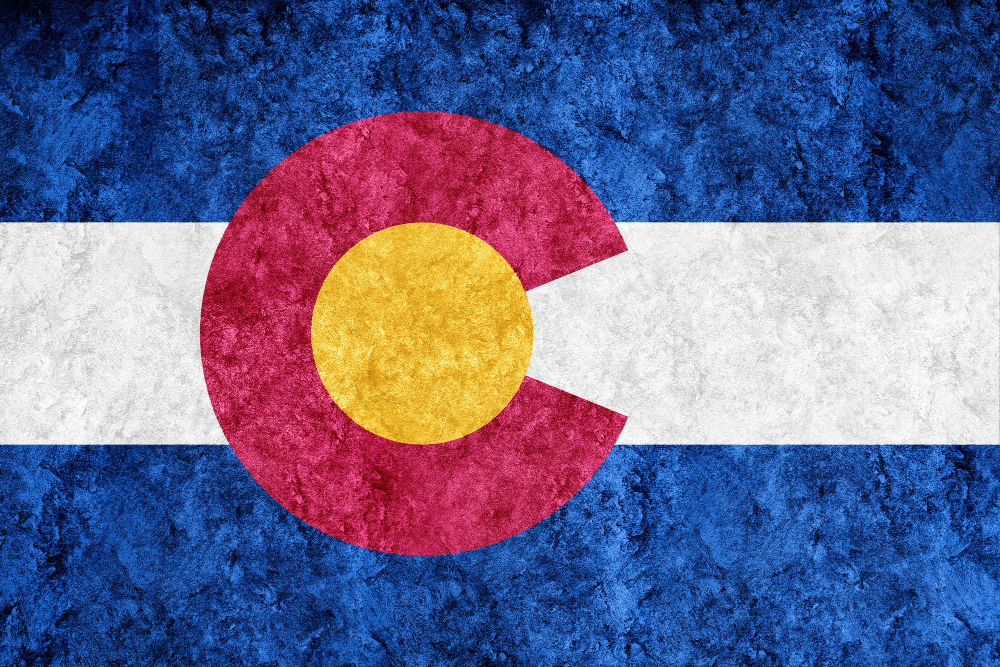Table of Contents
TogglePublic state holidays in Colorado play an important role in promoting a healthy work life balance. These official days off give workers the opportunity to rest, recharge, and spend meaningful time with family and friends.
Beyond offering time away from work, Colorado’s public holidays recognize key cultural, historical, and national milestones, fostering a sense of unity and reflection among residents. For employers and employees alike, understanding these holidays helps ensure better workforce planning and overall job satisfaction.
Official Colorado State Holidays – 2026
-
New Year’s Day – Thursday, January 1
-
Martin Luther King Jr. Day – Monday, January 19
-
Presidents Day – Monday, February 16
-
Memorial Day – Monday, May 25
-
Independence Day – Saturday, July 4 (observed Friday, July 3)
-
Labor Day – Monday, September 7
-
Frances Xavier Cabrini Day – Monday, October 5
-
Veterans Day – Wednesday, November 11
-
Thanksgiving Day – Thursday, November 26
-
Christmas Day – Friday, December 25
Public Holiday Policies in the Public and Private Sectors
Public Sector
In Colorado’s public sector, holidays are typically mandated by state law. These include national observances like Memorial Day, Independence Day, and Christmas, as well as Frances Xavier Cabrini Day Colorado’s unique state holiday honoring humanitarian and educator Saint Frances Cabrini.
Government offices, schools, and most public institutions close on these official dates, and employees receive paid time off.
Private Sector
In the private sector, holiday observance is more flexible. Employers are not legally required to provide paid leave on state or federal holidays. Instead, each company determines its own holiday policy, which may include:
-
Paid holidays for major observances like Independence Day or Christmas.
-
Overtime or premium pay for employees required to work on holidays.
-
Floating holidays that employees can use based on personal preference.
Private sector employers often align their holiday schedules with major federal dates to maintain consistency and employee satisfaction.
Cultural and Business Considerations
Some private employers also take local or cultural factors into account when creating their holiday calendar. For example, businesses serving Colorado’s tourism sector may remain open during holidays, while others close to support family time and community engagement.
This adaptability allows businesses to maintain operations while respecting the diverse traditions and lifestyles of Colorado’s residents.
Conclusion
In 2026, Colorado’s official public holidays will continue to offer valuable breaks for reflection, rest, and celebration. While public sector employees enjoy a standardized list of paid holidays, private sector employees may experience varied benefits depending on company policy.
Recognizing and honoring these days helps foster a balanced, inclusive, and productive workforce across the state. By understanding both the legal and cultural significance of public holidays, Coloradans can make the most of every opportunity to pause, recharge, and celebrate together.
